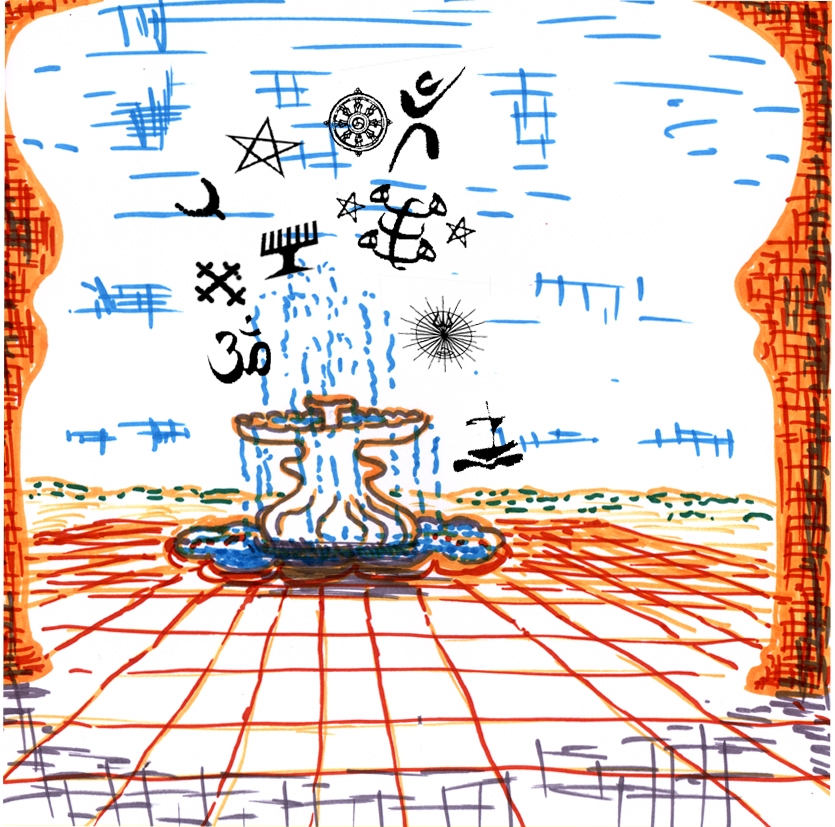Scientific theories still in the process of empirical search towards validation, resemble religious beliefs: Scientists and their followers or coworkers put their faith in a theory. (Please bear with me now.) They think the theory is true, even without proof, and search for evidence. This thought may arise from full integrity. The first aspect of religious fact finding is documentation of words and events. This may be documentation of historical and political events, or journalism. Unique events in peoples’ lives are recorded by other people. There is no repetition or system, and the human perception always plays some part in documentation of historic events. It is not possible to do tests on historic data, because of their unique occurrence. We cannot afterwards ‘falsify’ unique historic events. This makes history a matter of trust. Yet, historic writings have been preserved since Antiquity. The ancient cultures of Egypt, Persia, China, India wrote down the lives of their kings and religious leaders, sometimes on stone and sometimes on perch.
Human perception, observation by the human mind, is under the strong influence of the person’s personality, and aspects like age, culture, health, gender, and economic and political situation of the individual. Honesty, intellectual capabilities, and emotional temperament form a person’s personality and the person's ability to retain facts and events. Facts that are written down, depend on these aspects, but also on the assignment--the reason for writing them down. Is the person writing a personal journal, or do they write on behalf of an employer? This makes some events at that moment not ‘interesting’ enough to be written down, even though history may regret this later.

Comments
Post a Comment